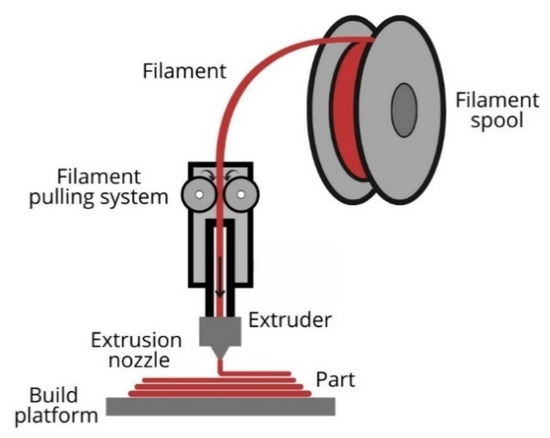Introduction
As additive manufacturing (AM), or 3D printing, continues to evolve, sustainability has become a key consideration for industries and innovators. While traditional 3D printing materials such as PLA (Polylactic Acid) and ABS (Acrylonitrile Butadiene Styrene) remain widely used, new eco-friendly, bio-based, and recyclable materials are entering the market. These materials are not only reducing environmental impact but also expanding design possibilities across industries like automotive, aerospace, and healthcare.
This article explores sustainable alternatives to PLA and ABS, their unique properties, and how they are shaping the future of green additive manufacturing.
Why Move Beyond PLA and ABS?
- PLA is biodegradable and derived from renewable sources such as corn starch. However, it has low heat resistance and limited mechanical strength, restricting its use in functional parts.
- ABS offers good toughness and durability, but it is petroleum-based, non-biodegradable, and produces toxic fumes during printing.
To achieve true sustainability, manufacturers and designers need materials that combine eco-friendly characteristics with high performance.

Emerging Sustainable Materials in Additive Manufacturing
| Material | Source/Composition | Key Properties | Sustainability Advantage | Applications |
|---|---|---|---|---|
| Recycled PETG (rPETG) | Derived from recycled PET bottles | Strong, transparent, easy to print | Recycles plastic waste into usable filament | Packaging, consumer products |
| Biodegradable Nylon (PA11) | Castor bean oil-based bio-polyamide | High toughness, chemical resistance | Renewable plant-based feedstock | Automotive parts, functional prototypes |
| Wood-Filled Filaments | PLA mixed with recycled wood fibers | Aesthetic wood-like finish, lightweight | Uses renewable fibers and reduces plastic use | Furniture models, decorative products |
| Recycled Carbon Fiber Composites | Reclaimed carbon fiber + polymer matrix | High strength-to-weight ratio, stiff | Reuses aerospace/automotive composite waste | Aerospace, drones, automotive components |
| PHA (Polyhydroxyalkanoates) | Bacteria-fermented biopolymer | Biodegradable, compostable, good toughness | Fully biodegradable under natural conditions | Medical devices, packaging |
| Metal Powders from Recycled Alloys | Recycled stainless steel, aluminum | High precision, structural strength | Supports circular economy in metal industries | Aerospace, tooling, automotive |

Benefits of Sustainable Materials
- Environmental Responsibility – Reduce carbon footprint and reliance on petroleum-based plastics.
- Cost Efficiency – Recycled feedstock can lower raw material costs while meeting performance needs.
- Innovation – New materials enable novel applications where PLA and ABS fall short.
- Regulatory Compliance – Align with stricter environmental standards in automotive, aerospace, and medical sectors.
Challenges to Adoption
- Material Availability – Not all sustainable materials are widely available at scale.
- Processing Requirements – Some bio-based materials require controlled environments or advanced hardware.
- Cost Variability – Advanced composites and recycled powders may currently be more expensive than PLA or ABS.
Future Outlook
The future of sustainable additive manufacturing will be defined by circular material flows, where polymers, composites, and even metals are continuously recycled and reintroduced into production. With advancements in biopolymers, closed-loop recycling systems, and AI-driven material optimization, the industry is moving toward a low-waste, eco-friendly manufacturing ecosystem.
Conclusion
PLA and ABS have laid the foundation for desktop and industrial 3D printing, but the future lies in sustainable, high-performance alternatives. By adopting recycled, bio-based, and biodegradable materials, manufacturers can balance functionality with sustainability, ensuring additive manufacturing becomes a cornerstone of the circular economy.
Companies that embrace these materials today will not only reduce environmental impact but also gain a competitive edge in markets where eco-friendly innovation is increasingly valued.
What We Offer at Ze-tech Mold
At Ze-tech Mold, we provide end-to-end manufacturing services, including:
- CNC Machining & Turning
- 3D printing prototype
- sheet metal fabrication
- silicone vacuum casting
- Rapid Injection molding
- surface treatments
- PCB & PCBA
Whether you’re looking for precision CNC parts or custom prototypes, we provide tailored solutions for both low-volume and large-scale production. Get in touch with us today to discuss your project and see how we can bring your ideas to life.
